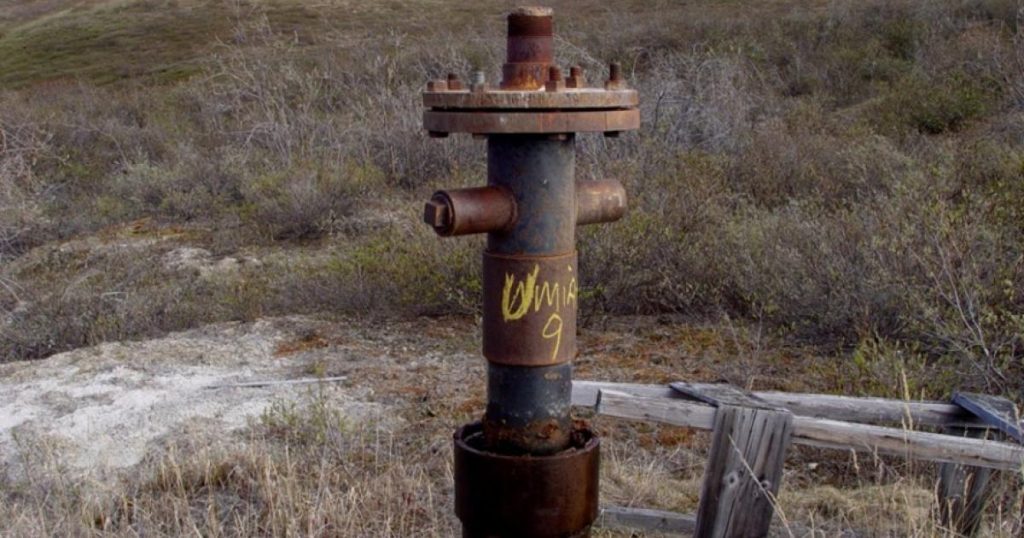Pennsylvania is one of the largest contributors to greenhouse-gas pollution in the U-S, and the Environmental Protection Agency wants input on a plan to do more to reduce methane emissions in oil and gas development.
The EPA proposal would require curbing methane emissions at existing oil and gas wells in addition to new sites.
Barbara Jarmoska, a board member for the Responsible Decarbonization Alliance, said methane is a more potent greenhouse gas than carbon dioxide, and regulating it can be one of the primary ways to slow global warming.
“When you look at what is Pennsylvania’s greatest insult, what activities in Pennsylvania produce the greatest concern, it is certainly methane release,” she said, “and one of the primary factors in that is these hundreds and hundreds of unplugged, methane-leaking wells.”
In her own neighborhood, Jarmoska said there’s a massive project involving 80 new wells and a high-pressure gas line under construction.
The public can weigh in on the EPA’s proposal in writing through Feb. 13.
Jarmoska and other Pennsylvanians voiced their concerns in a three-day virtual public hearing this month. Some groups have stressed that the new rules should ban “flaring,” the process of burning off gas at well sites. Jarmoska said another concern is the prospect of future methane use, since Pennsylvania looks to build out what’s being called the hydrogen hub. It’s gotten bipartisan support, but she said it’s a controversial process.
“Blue hydrogen is just another way to create demand for methane, fossil methane gas, and so we cannot allow this transition to happen,” she said. “But it is being driven by the gas industry, acceptance of blue hydrogen as this new and wonderful solution to climate change.”
She explained that “blue hydrogen” involves creating energy with the natural gas from fracking and steam, and then capturing the carbon dioxide that is also produced and storing it underground. Some business groups are hoping to win a bid to build a hydrogen hub in Philadelphia.
Retired U.S. Army Brig. Gen. Steve Anderson said he thinks it’s important for the EPA to do more to fight climate change as a national security issue. He said he sees it as a threat not only to the United States but as a source of instability abroad as well. Anderson said he believes a transition to renewable energy will boost employment in this fast-growing field.
“There’s all kinds of renewable energies that I believe will not only reduce our reliance on oil and on the carbon-based fuels,” he said, “but provide opportunities to develop a truly green economy that’ll put a lot of the people that are presently working in coal mines and in the oil industry, put them to work installing solar panels and wind turbines.”/pages/Article.aspx?post=91.




